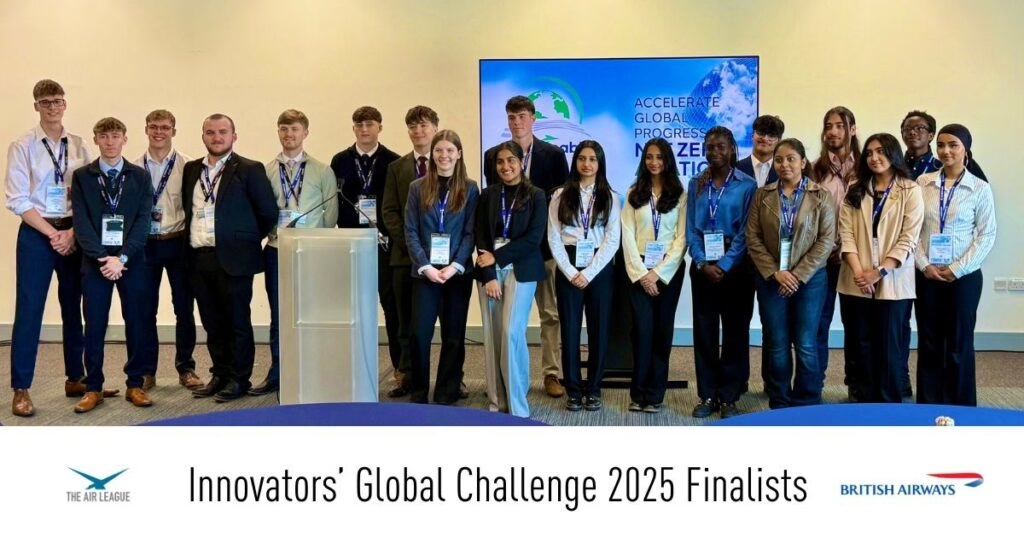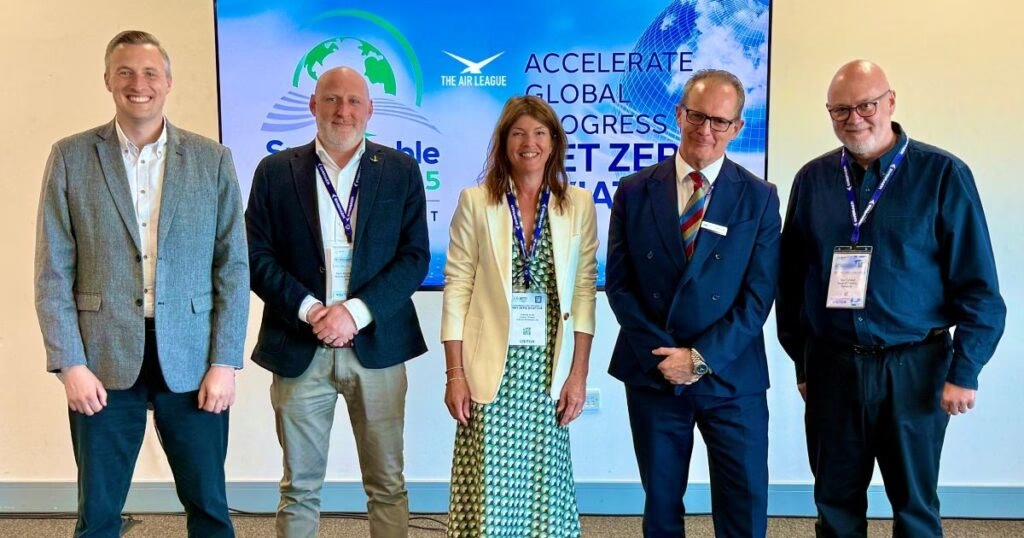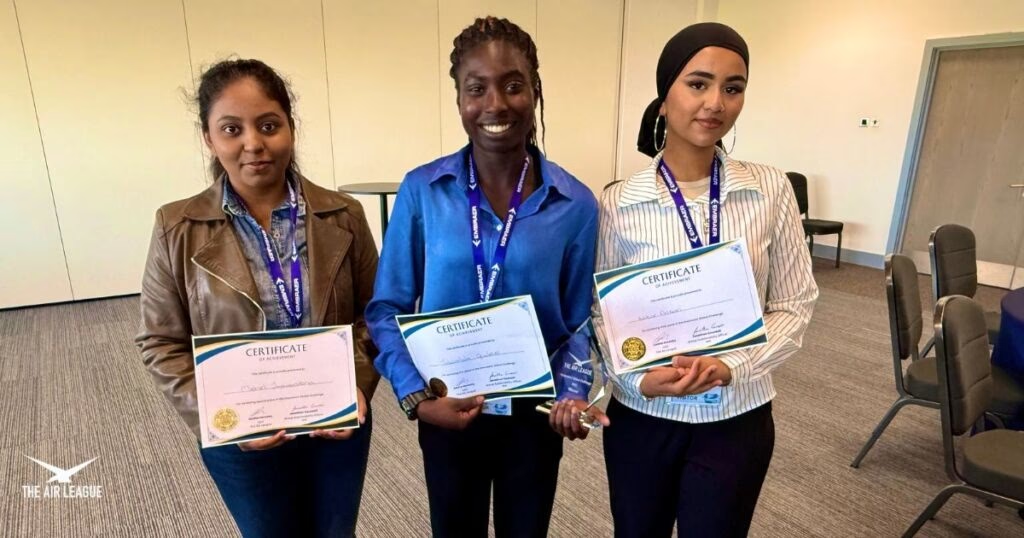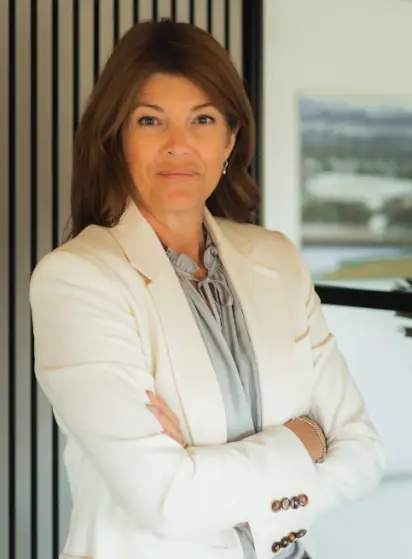Deborah Scott, co-founder and Finance Director at Artemis, writes about her recent experience as a judge for the Summit’s Innovators’ Global Challenge.
In 2024 Artemis was delighted to become a sponsor of The Air League. It’s the UK’s leading aviation, aerospace and space charity and it aims to break down barriers into these industries through its scholarship and outreach programmes. I’ve very much enjoyed working with its CEO, Janine Hornsby, seeing her infectious passion for helping young people achieve their goals and hearing about the events which The Air League puts on to engage and encourage young people with talent and ambition to consider aviation as a career.
When I was offered the opportunity to be a judge for the Innovators’ Global Challenge at the Sustainable Skies World Summit, I was delighted to accept. Run by The Air League and Sustainable Aviation, the Challenge supports the aviation industry in delivering its sustainability ambitions and realising net zero ambitions by 2050. Sustainability is a perennially hot topic in aviation and something we all need to know more about, so I skim read the Government’s NetZero2050 legal commitment and the extravagant JetZero2050 objectives specifically for the aviation industry, channelled my inner Deborah Meaden from Dragon’s Den and set off for the Summit with a briefcase full of impressively intelligent proposals from A-level students.
The Farnborough Air Show attracts around 100,000 people every year who enjoy the thrill of the fossil fuel-guzzling combustion engines powering the world’s amazing fleet of aircraft. With demand for air travel at an all time high in 2025, this industry is set for one of the best years it has ever had – much deserved after the pain of the pandemic, despite its 2% contribution to global carbon emissions each year.
In contrast, now in its fourth year, the Summit is a gathering of 1,300 industry professionals determined to drive actionable solutions to aviation’s sustainability concerns. Small the gathering may have been, but there was a buzz in the air when I arrived at the exhibition hall – the sort of buzz you get when ideas, ambitions, extraordinary technologies and global industry leaders all come together.
For the Challenge, two age categories of young people (11-15 and 16+) had to come up with an innovative idea to help the aviation industry meet NetZero2050. They had to consider the technology, costings, timings and feasibility of implementation in the real world. Well, to say we were blown away by their proposals was an understatement!
From shopping at airports on kinetic floor tiles, to nuclear turbine generators, to growing hemp for sustainable aviation fuel – the innovation, passion and ambition were remarkable, as was the confidence all our contestants showed in presenting their ideas to the panel of judges. The winner, Tolu, who will be heading to Liverpool University in September to study aerospace engineering, proposed using landfill waste to generate fuel for aircraft, which has the additional benefit of reducing the global landfill mass. An elegant way of addressing two challenging issues. She held her own in discussion with Jonathon Counsell, (Group Head of Sustainability, IAG) talking about mining existing landfill as well as accessing the waste before it goes to landfill – and all this while in the middle of her A-Levels.
The main thing I learned from our young participants is that accepting all the political, financial and societal barriers to NetZero2050 is not good enough – they’re not interested in excuses. When the panel suggested that no one would step on a plane with a nuclear turbine on board, despite zero emissions and incredibly high safety standards, the presenters were insistent that we should (and could) be re-educated. When I asked one entrant whether Airbus had liked her idea about on demand hydrogen power as the future of engine propulsion, she said that they hadn’t, and then added passionately – “but they’re wrong!”
These ideas, and indeed the whole Sustainable Skies Summit, were about the passion for and celebration of aviation, and the excitement of discovering what the next generation technology will look like. So many innovative ideas are being developed – not all of them will work, but we must keep pushing the boundaries. And with the talent and ambition I saw this week, I feel not only inspired but hopeful that we might actually get there.
If this has inspired you to find out more about The Air League and its incredible work, the team would love to hear from you.



